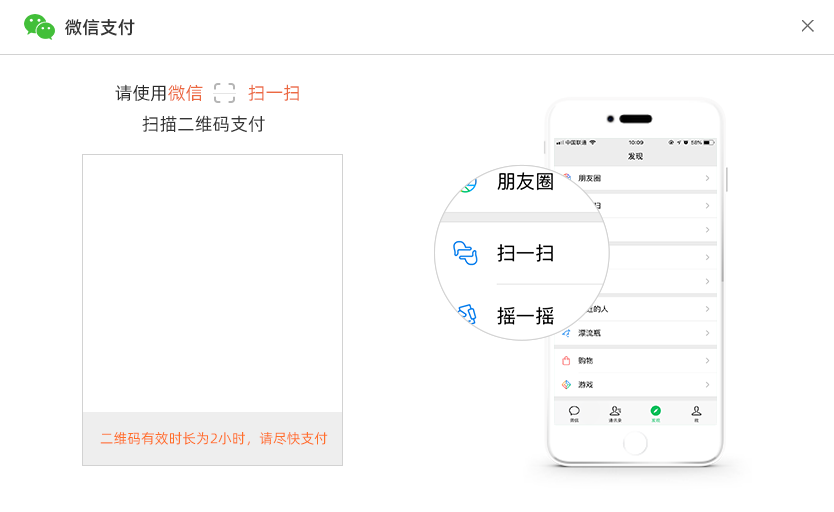It may request the administrative department for industry and commerce at or above the county level for handling, and the relevant administrative department for industry and commerce has the right to order the infringer to immediately stop the infringing act and compensate the infringee for the losses. The amount of compensation is the profits gained by the infringer during the infringement period or the losses suffered by the infringee during the infringement period. Where an infringement of the exclusive right to use a registered trademark does not constitute a crime, the administrative department for industry and commerce may impose a fine. What are the manifestations of trademark infringement?

trademark
1. Counterfeiting
"The same trademark" means that there is no visual difference between the accused trademark and the plaintiff's registered trademark. "Similar trademark" refers to the fact that the font, pronunciation, meaning of words, or the composition and color of graphics, or the overall structure after the combination of its various elements, or the three-dimensional shape and color combination of the accused trademark is similar to the plaintiff's registered trademark, It is easy for the relevant public to misunderstand the source of the goods or think that its source is specifically related to the goods of the plaintiff's registered trademark. "Similar commodities" refer to commodities that are the same in function, use, production department, sales channel, consumption target, etc., or that are generally believed by the relevant public to have specific connections and are easy to cause confusion. When determining whether goods or services are similar, a comprehensive judgment should be made based on the general knowledge of the relevant public about goods or services. The International Classification of Goods and Services for Trademark Registration and the Table of Differentiation of Similar Goods and Services can be used as a reference for judging similar goods or services.
The use of trademarks includes the use of trademarks on commodities, commodity packages or containers and commodity transaction documents, or in advertising, exhibitions and other commercial activities.
2. Sales of goods infringing trademark rights
The main body of this kind of infringement is the commodity dealer. No matter whether the perpetrator has subjective fault or not, as long as he has carried out the act of selling goods that infringe the exclusive right to use registered trademarks, it will constitute infringement. Only when the actor is in good faith subjectively, his liability for compensation can be exempted. The third paragraph of Article 56 of the Trademark Law stipulates that if a person sells a commodity that he does not know is an infringement of the exclusive right to use a registered trademark, and can prove that the commodity was legally obtained by himself and that the supplier is identified, he shall not be liable for compensation.
3. Forgery or unauthorized manufacturing of others' registered trademark logo
Forging or manufacturing, without authorization, representations of registered trademarks of others or selling representations of registered trademarks that are forged or manufactured without authorization. This kind of infringement is a problem of trademark infringement, including "manufacturing" and "sales".
4. Replace the registered trademark without the consent of the trademark registrant
Without the consent of the trademark registrant, changing its registered trademark and putting the goods with the changed trademark back on the market. This kind of behavior is also called reverse counterfeiting behavior and trademark replacement behavior. To constitute such an infringement, there must be two elements: one is that the doer changes the trademark without the consent of the trademark owner; The second is to replace the trademark goods and put them into the market for sale.
5. Acts that cause other damages to the exclusive right of others to use registered trademarks
The trademark infringement does not cause damage to the exclusive right holder of the trademark, but also infringes the national trademark management system. At the same time of compensating the loss of the exclusive right holder of the trademark, the trademark administration organ shall, according to the seriousness of the case, impose administrative penalties. The exclusive right holder of a trademark may entrust a professional lawyer to claim compensation from the trademark infringer and supervise the administrative act of the trademark administration agency. Those who refuse to accept the administrative penalty may apply for reconsideration or bring a lawsuit.











